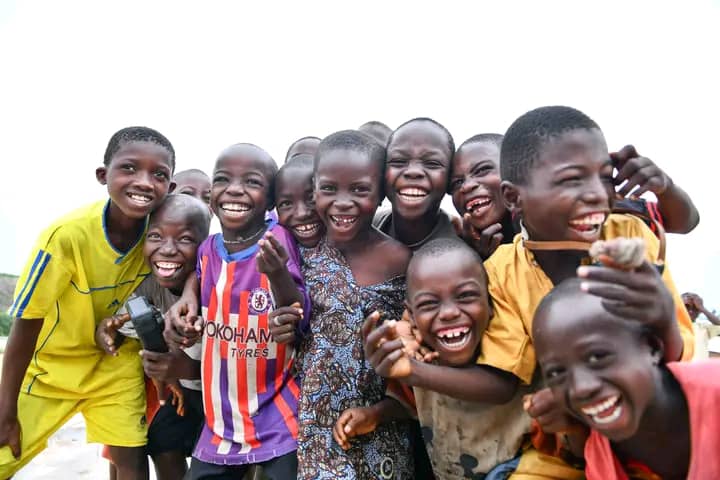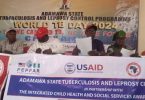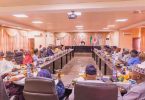By Tasi’u Hassan
United Nations Children’s Fund, UNICEF Bauchi Field Office has moved to tackle child poverty, by organizing a two-day media dialogue on addressing Child Poverty in Adamawa, Bauchi, and Gombe States.
At the dialogue held in Gombe, policymakers, social policy specialists and journalists from the three states brainstormed on the causes and effects of child poverty and the way forward.
In his presentation, a social policy specialist, UNICEF Bauchi Field Office, Dr. Yusuf Auta, expressed concern over the high level of child poverty in the country.
According to him, 2021 data from the National Bureau of Statistics indicated that 68.8 per cent of children in Adamawa state, 86.1 per cent in Bauchi state, and 82 percent in Gombe state are multidimensionally poor.
Also, a resource person at the dialogue, Dr. Ali Madina Dankumo of the Department of Economics and Development Studies, Federal University of Kashere, Gombe State, revealed that a 2023 World Bank survey indicates that 40 million Nigerian children live in poverty.
Dr. Auta in his presentation says “According to the Situation Analysis of Children 2021, the following are the causes of child poverty.
1. Corruption – According to the World Bank in its Combating Corruption series, corruption has a disproportionate impact on the poor and the most vulnerable.
2. Unemployment – unemployed or
underemployed parents cannot provide for the basic needs of a child.
3. Violence and insurgency – Incessant attacks by insurgents, kidnappers, robbers and bandits have led to the displacement of people.
4. Inadequate investment in social sectors –
The growth and development of the
Nigerian child is strongly linked to the development of child-focused social sector planning and investment”.
Other causes according to Dr. Auta include insufficient income from social security and benefits, high living costs associated with raising children, including housing, food and fuel costs.
On his part, Dr. Dankumo identified climate-related disasters, insufficient access to education and healthcare, family size and structure, low wages, and rapid population growth as causes of child poverty.
He further attributed child poverty to inadequate social safety nets, government policies such as removal of subsidies on essential commodities, and bad governance which affect heads of households and by extension their children.
The Economist advised the media to create awareness on the causes, consequences, and prevalence of child poverty, and to facilitate public dialogue and debate about child poverty, by bringing together government, civil society organizations, academia, and the private sector to exchange ideas, share best practices and develop innovative solutions to the complex problem of poverty.
Dr. Dankumo urged the government at all levels to come up with innovative policies that will help better the lives of children in the country.
Journalists at the dialogue pledged to use their platforms of communication to continue advocating for child-friendly policies toward addressing child poverty in the three states of Adamawa, Bauchi, and Gombe and the country at large.







Leave a Comment